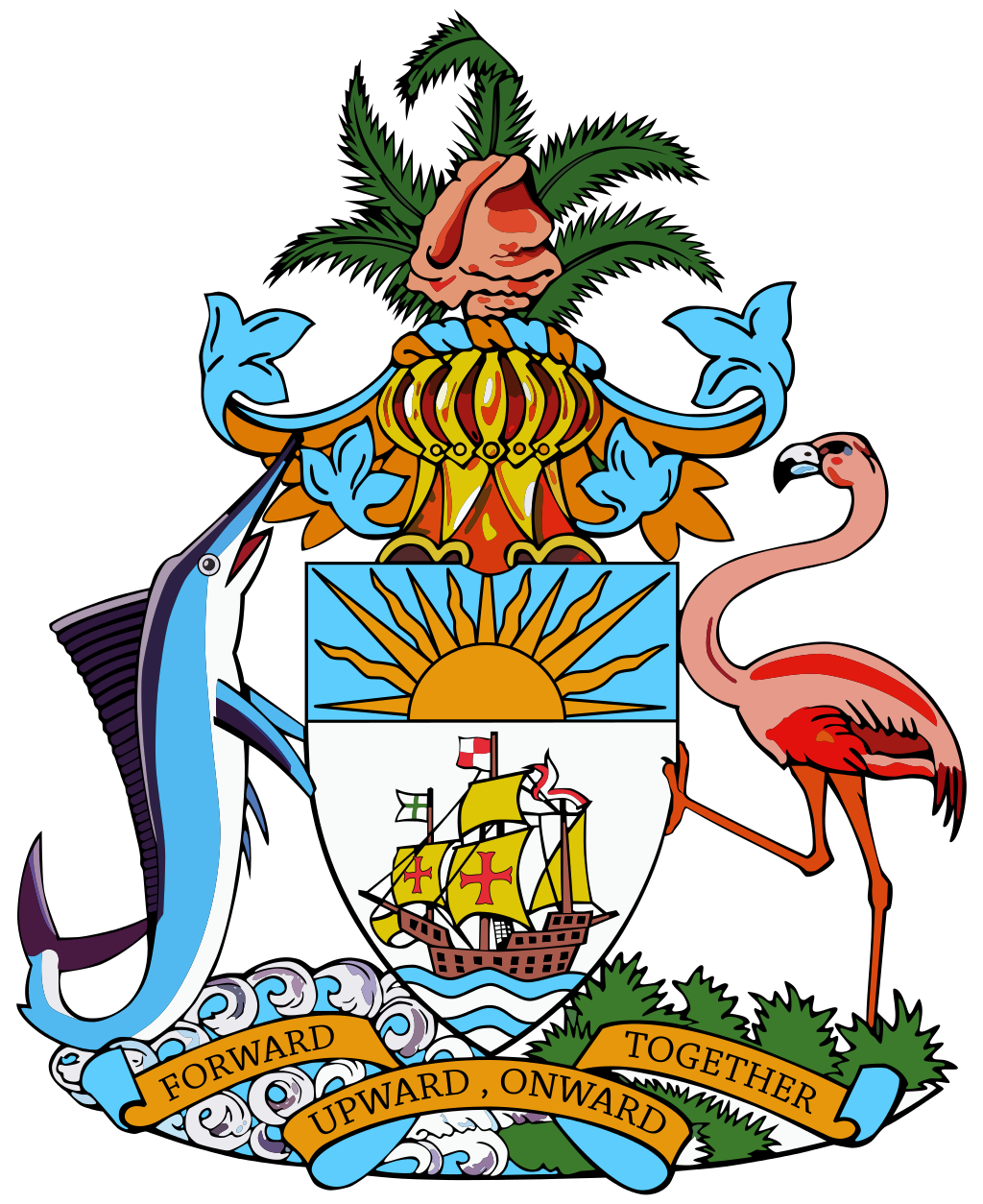Location
Lucayan Indians inhabited the islands when Christopher COLUMBUS first set foot in the New World on San Salvador in 1492. British settlement of the islands began in 1647; the islands became a colony in 1783. Since attaining independence from the UK in 1973, The Bahamas has prospered through tourism, international banking, and investment management. Because of its location, the country is a major transshipment point for illegal drugs, particularly shipments to the US and Europe, and its territory is used for smuggling illegal migrants into the US.
The Bahamas is a parliamentary democracy under a constitutional monarchy.
Source: CIA World Factbook
Members:
Resources
Displaying 81 - 85 of 86Acquisition of Land Act (Cap. 252).
This Act sets out criteria, conditions and procedures for compulsory acquisition of land by the Government and regulates related matters such as compensation, appeal from a magistrate’s award on compulsory purchase and effects of the acquisition on existing leaseholds and land other than the land under compulsory acquisition.The procedures of acquisition foresee, among other things, a notification by the Minister in the Gazette, a preliminary investigation by persons authorized by the Minister, a declaration that land is required for public purposes, the possibility of appeal with the Supre
Bodies Corporate (Joint Tenancy) Act (Cap. 147).
This Act provides rules relative to the holding of any real or personal property in joint tenancy by companies. A body corporate shall be capable of acquiring and holding any real or personal property in joint tenancy in the same manner as if it were an individual provided that the acquisition and holding of property by a body corporate in joint tenancy shall be subject to the like conditions and restrictions as attach to the acquisition and holding of property by a body corporate in severalty.
International Persons Landholding Act, 1993 (Cap. 140).
This Act provides rules relative to the holding of title and other rights in land by persons other than a permanent resident or other than persons acquiring land or an interest in land under a devise or by inheritance (“Non-Bahamian”) and makes provision for control by the State on the holding of title in land in the Bahamas by foreigners. Acquisition of land, other than by non-Bahamians, shall be registered with the Secretary of the Investments Board, which is established under this Act.
Wills Act, 2002 (Cap. 115).
An Act to provide for deeds of inheritance of property including real estates. The Act consists of 45 sections divide into 6 Parts: Preliminary (I); Wills; rectification and interpretation of wills (II); Wills executed outside the Bahamas (III); Members of defence force (IV); Mariners and seamen (V); General (VI).
Administration of Estates Act, 2002 (Cap. 108).
This Act provides for administration of land and other property of deceased persons. The Act consists of 37 sections divided into 5 Parts: Preliminary (I); Devolution of Real Estate (II); Executors and Administrators (III); Administration of Assets (IV); General (V).Real estate to which a deceased person was entitled for an interest not ceasing on his death, shall, on his death and notwithstanding any testamentary disposition thereof, devolve on the personal representative of the deceased.


